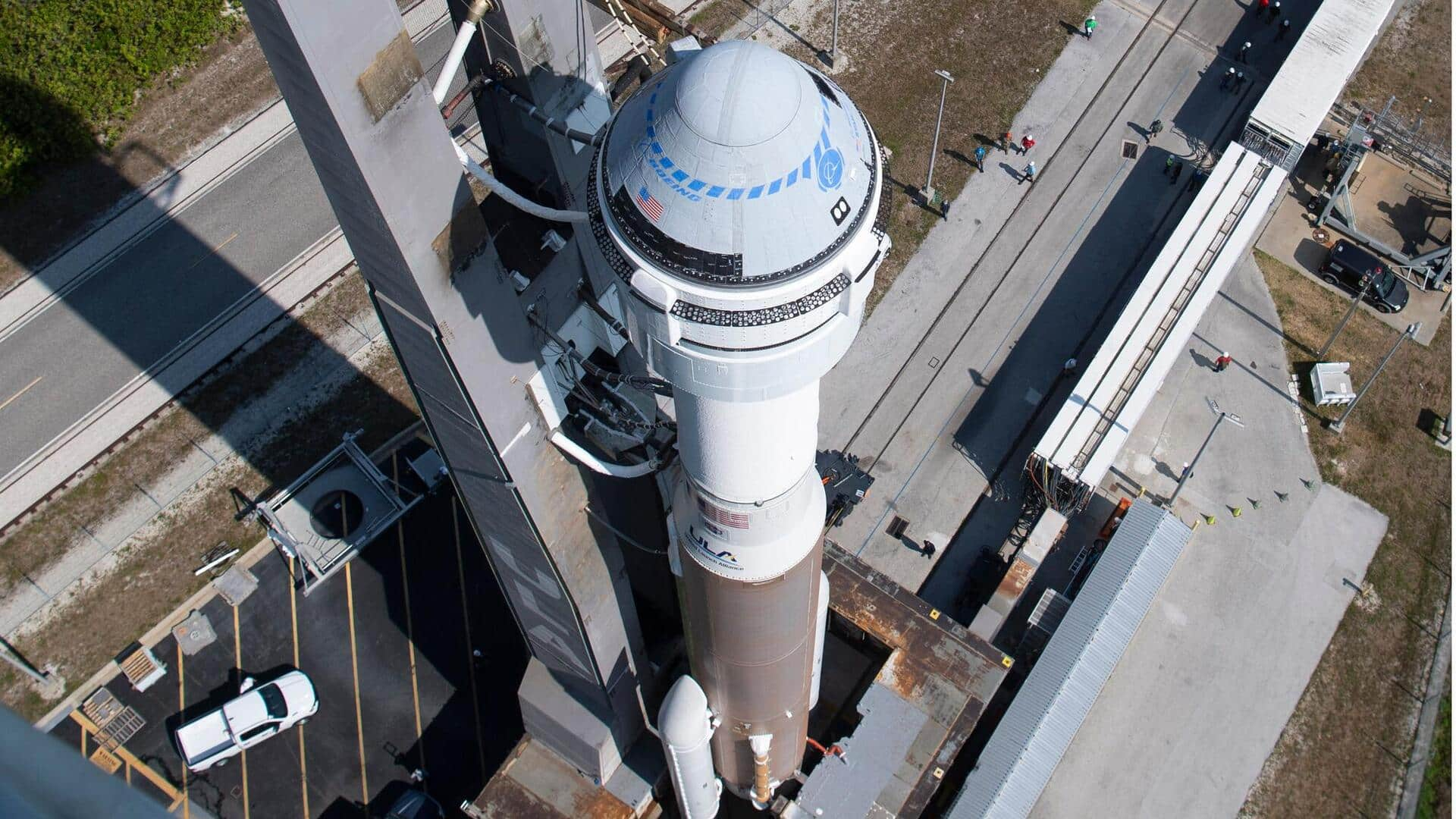
NASA delays Boeing Starliner's first crewed flight indefinitely: Here's why
What's the story
NASA has announced a delay in the debut crewed flight of Boeing's Starliner capsule, originally slated for May 25, due to a helium leak in the spacecraft's propulsion system. The new launch date is yet to be determined. The helium leak was detected alongside an issue with the Atlas booster just before the scheduled launch from Florida on May 7. NASA stated, "The team has been in meetings for two consecutive days, assessing flight rationale, system performance, and redundancy."
Ongoing review
Investigation underway for Starliner's helium leak and Atlas issue
The delay in Starliner's launch comes as mission officials intensify their investigation into the helium leak in the spacecraft's propulsion system. Concurrently, an issue with the Atlas rocket, constructed by United Launch Alliance (ULA), a joint venture between Boeing and Lockheed Martin, was discovered. NASA said, "There is still forward work in these areas, and the next possible launch opportunity is still being discussed."
Mission details
Starliner's first crewed mission to ISS faces delays
The first crewed mission of the Starliner spacecraft to the International Space Station (ISS) will carry two NASA astronauts, Sunita Williams and Barry Wilmore. This delay follows years of postponements, technical issues, and two uncrewed demonstration flights - one unsuccessful in 2019 and a successful attempt in 2022. The mission with Williams and Wilmore onboard will serve as Starliner's final benchmark test before NASA certifies the spacecraft for regular crewed missions to and from the ISS.